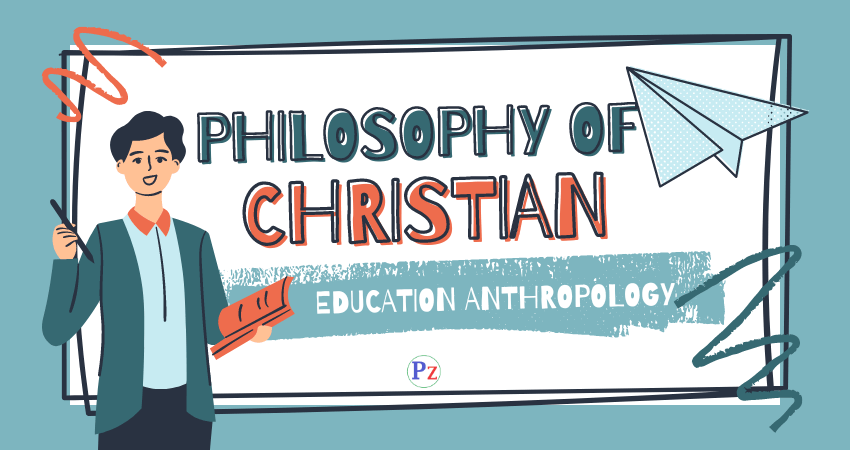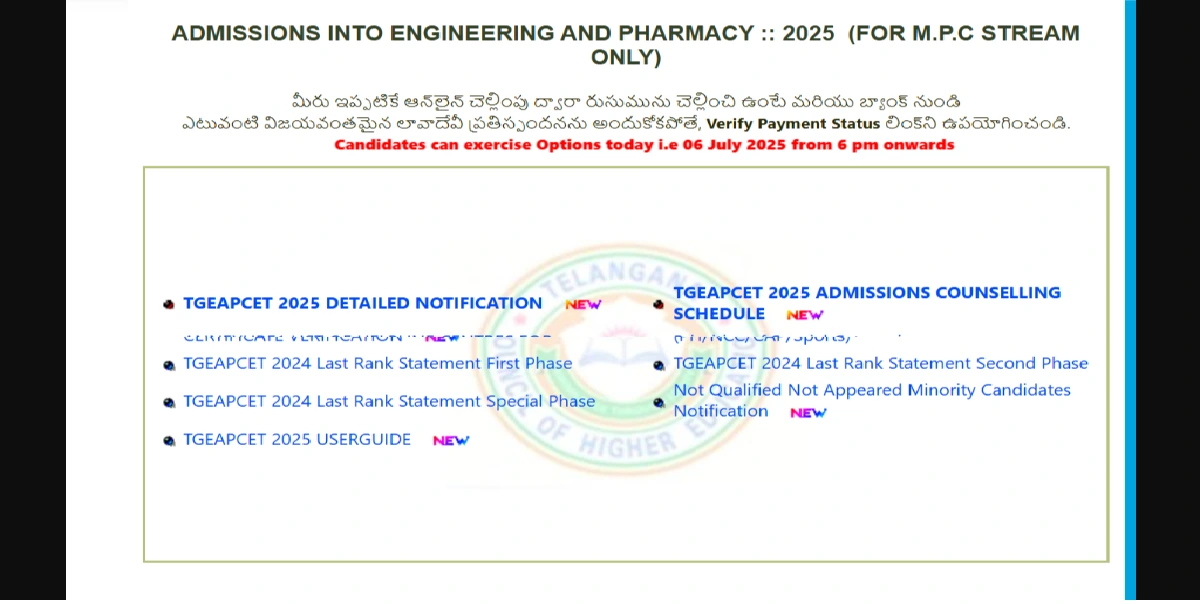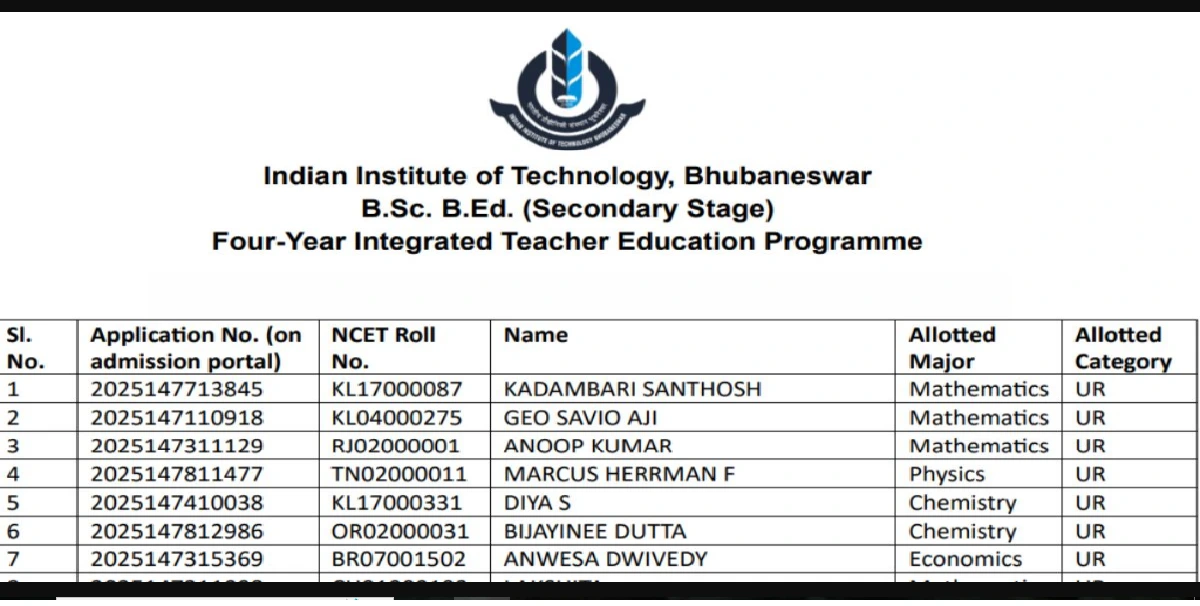The philosophy of Christian education is deeply rooted in a biblical understanding of anthropology—the study of human beings. Within this framework, Christian educators view every person as a unique creation of God, endowed with inherent value, purpose, and dignity. This perspective shapes the entire educational process, influencing how knowledge is imparted, how students are nurtured, and how the ultimate goals of education are defined.

1. Imago Dei: The Foundation of Human Value
At the core of Christian educational anthropology is the concept of Imago Dei, the belief that humans are created in the image and likeness of God (Genesis 1:27). This principle asserts that every person, regardless of race, gender, ability, or social status, possesses an intrinsic worth that is not contingent upon external achievements or characteristics. Therefore, Christian education is not just about transferring knowledge but is fundamentally about recognizing and nurturing the whole person. It emphasizes the development of the heart, soul, and mind, reflecting Jesus’ teaching to love God with all one’s heart, soul, strength, and mind (Luke 10:27).
2. Holistic Development: Nurturing the Whole Person
Christian education emphasizes holistic development, which includes spiritual, moral, intellectual, emotional, and physical growth. This approach is based on the belief that education should address the totality of human experience, helping students understand who they are in relation to God, others, and the world around them.
From this perspective, education is not merely an intellectual pursuit but a means of discipleship. It involves guiding students to develop Christ-like character, instilling values such as love, compassion, integrity, and humility. It also encourages critical thinking and the pursuit of truth, as all truth is seen as God’s truth. Thus, Christian educators seek to cultivate a learning environment that integrates faith and learning, where academic excellence is pursued alongside spiritual growth.
3. Understanding Human Nature: Fallen Yet Redeemable
Christian anthropology acknowledges the fallen nature of humanity, a result of the Fall in Genesis 3, which introduced sin into the world. This recognition informs Christian education’s approach to human behavior, learning, and growth. Educators understand that students are not perfect; they have inherent flaws and limitations. However, they also believe in the redemptive power of God through Jesus Christ, which provides hope for transformation and renewal.
This dual understanding of human nature—as fallen yet redeemable—guides educators in how they address discipline, moral education, and personal growth. They recognize the need for grace, patience, and love while also upholding standards of truth, accountability, and justice.
4. The Role of Community: Learning in Relationship
A Christian philosophy of education also emphasizes the role of community in the learning process. Education is not an isolated endeavor but is meant to occur within the context of relationships—both with God and with others. In this sense, schools and educational institutions become communities of faith where students, teachers, and parents collaborate in the learning journey.
This communal aspect of education reflects the biblical understanding of the Church as the body of Christ, where each member has a unique role and function (1 Corinthians 12:12-27). In a Christian educational context, this means fostering a sense of belonging, mutual support, and encouragement, where each student is valued as an integral part of the community.
5. Purpose-Driven Education: Preparing for God’s Calling
Finally, Christian education is purpose-driven, aiming to help students discover and fulfill their God-given calling. This involves more than just preparing students for a career; it’s about equipping them for a life of service to God and others. Christian educators encourage students to seek God’s guidance in their choices and to use their gifts and talents for the greater good.
Education, in this view, becomes a means of preparing students to engage the world as thoughtful, compassionate, and responsible citizens who can make meaningful contributions in whatever fields they enter. It’s about shaping individuals who are not only knowledgeable but also wise, discerning, and guided by a higher purpose.
A Transformative Approach to Education
In conclusion, the philosophy of Christian education grounded in a biblical anthropology presents a transformative approach to learning. It calls for recognizing each student as a valuable creation of God, committed to holistic development, understanding human nature in light of the Fall and redemption, fostering community, and preparing individuals for a purpose-driven life. This holistic vision provides a comprehensive framework for educators who seek to honor God in their teaching and nurture the next generation of faithful, compassionate, and wise leaders.
| Read More Topics |
| Be a wrestling manager in college in Georgia |
| A different mirror a history of multicultural America |
| How long is diesel mechanic school? |





